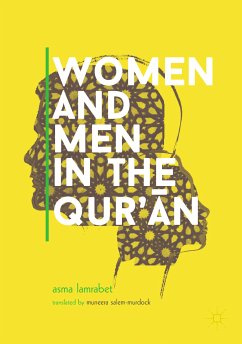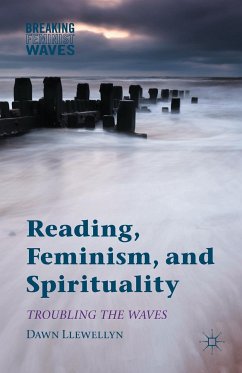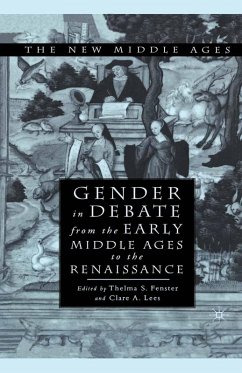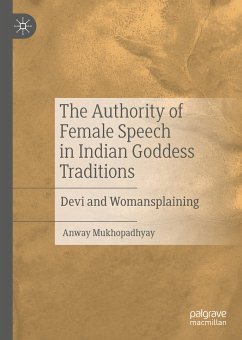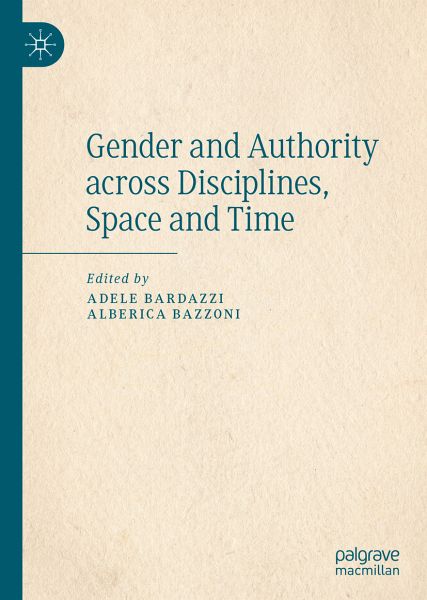
Gender and Authority across Disciplines, Space and Time (eBook, PDF)
Versandkostenfrei!
Sofort per Download lieferbar
72,95 €
inkl. MwSt.
Weitere Ausgaben:

PAYBACK Punkte
36 °P sammeln!
This edited collection investigates the relationship between gender and authority across geographical contexts, periods and fields.Who is recognized as a legitimate voice in debate and decision-making, and how is that legitimization produced? Through a variety of methodological approaches, the chapters address some of the most pressing and controversial themes under scrutiny in current feminist scholarship and activism, such as pornography, political representation, LGBTI struggles, female genital mutilation, the #MeToo movement, abortion, divorce and consent. Organized into three sections, "P...
This edited collection investigates the relationship between gender and authority across geographical contexts, periods and fields.
Who is recognized as a legitimate voice in debate and decision-making, and how is that legitimization produced? Through a variety of methodological approaches, the chapters address some of the most pressing and controversial themes under scrutiny in current feminist scholarship and activism, such as pornography, political representation, LGBTI struggles, female genital mutilation, the #MeToo movement, abortion, divorce and consent. Organized into three sections, "Politics," "Law and Religion," and "Imaginaries," the contributors highlight formal and informal aspects of authority, its gendered and racialized configurations, and practices of solidarity, resistance and subversion by traditionally disempowered subjects. In dialogue with feminist scholarship on power and agency, the notion of authority as elaborated here offers a distinctive lens tocritique political and epistemic foundations of inequality and oppression, and will be of use to scholars and students across gender studies, sociology, politics, linguistics, theology, history, law, film, and literature.
Who is recognized as a legitimate voice in debate and decision-making, and how is that legitimization produced? Through a variety of methodological approaches, the chapters address some of the most pressing and controversial themes under scrutiny in current feminist scholarship and activism, such as pornography, political representation, LGBTI struggles, female genital mutilation, the #MeToo movement, abortion, divorce and consent. Organized into three sections, "Politics," "Law and Religion," and "Imaginaries," the contributors highlight formal and informal aspects of authority, its gendered and racialized configurations, and practices of solidarity, resistance and subversion by traditionally disempowered subjects. In dialogue with feminist scholarship on power and agency, the notion of authority as elaborated here offers a distinctive lens tocritique political and epistemic foundations of inequality and oppression, and will be of use to scholars and students across gender studies, sociology, politics, linguistics, theology, history, law, film, and literature.
Dieser Download kann aus rechtlichen Gründen nur mit Rechnungsadresse in A, B, BG, CY, CZ, D, DK, EW, E, FIN, F, GR, HR, H, IRL, I, LT, L, LR, M, NL, PL, P, R, S, SLO, SK ausgeliefert werden.





